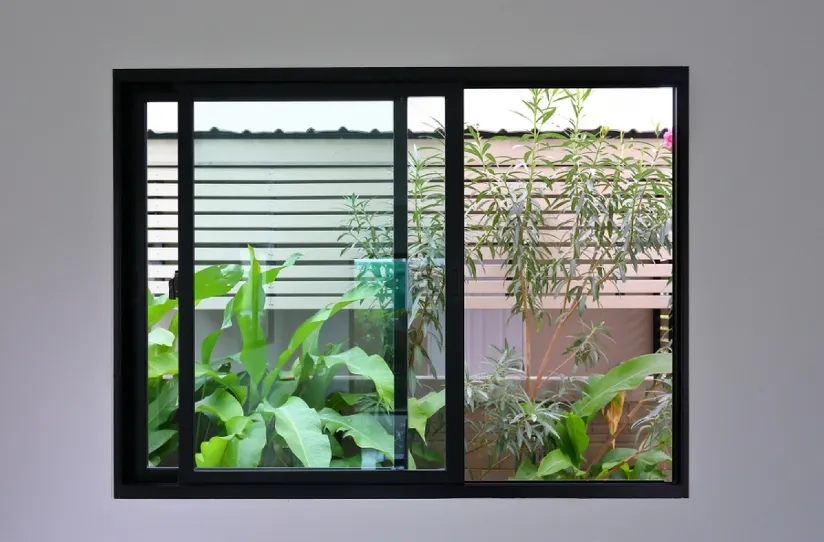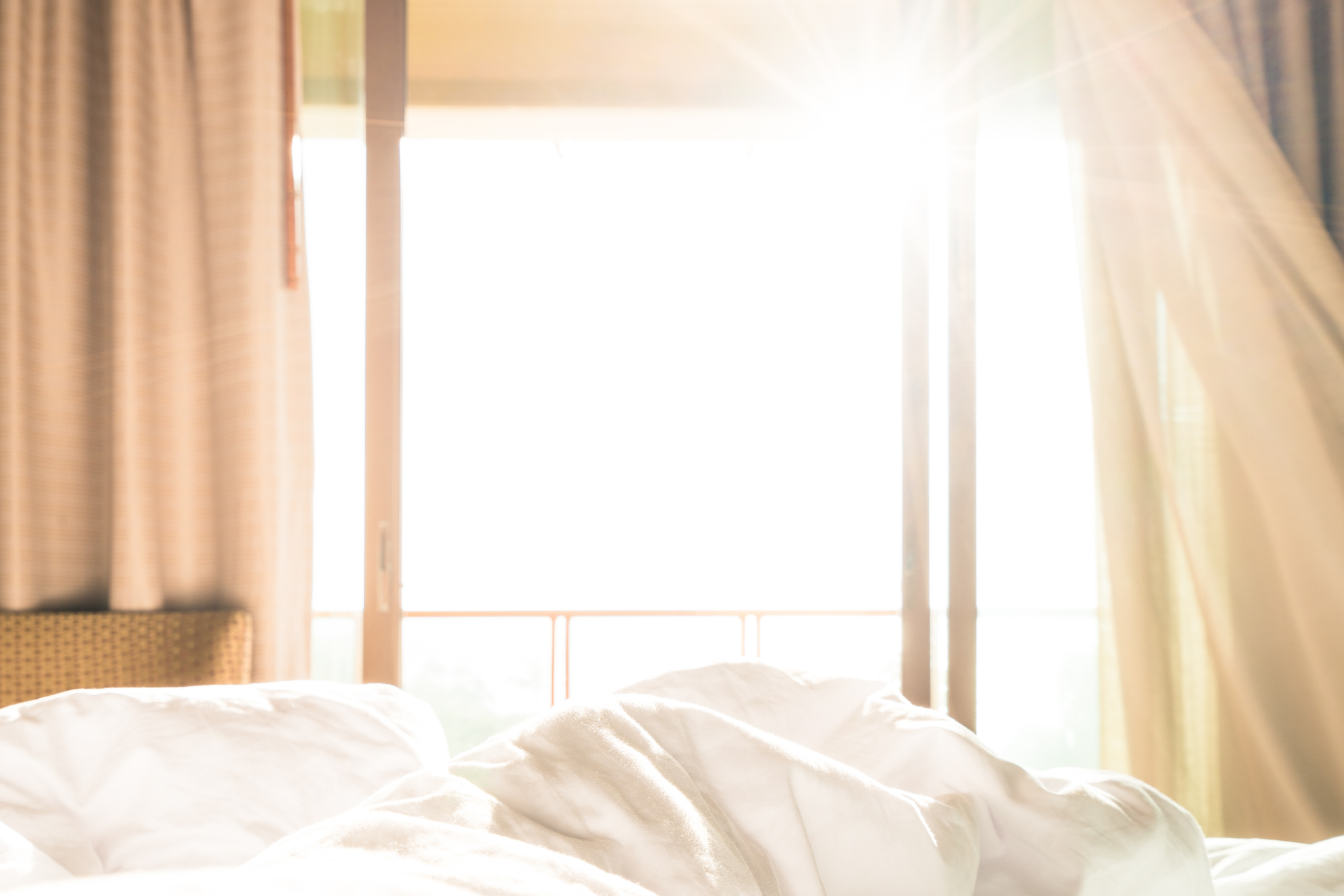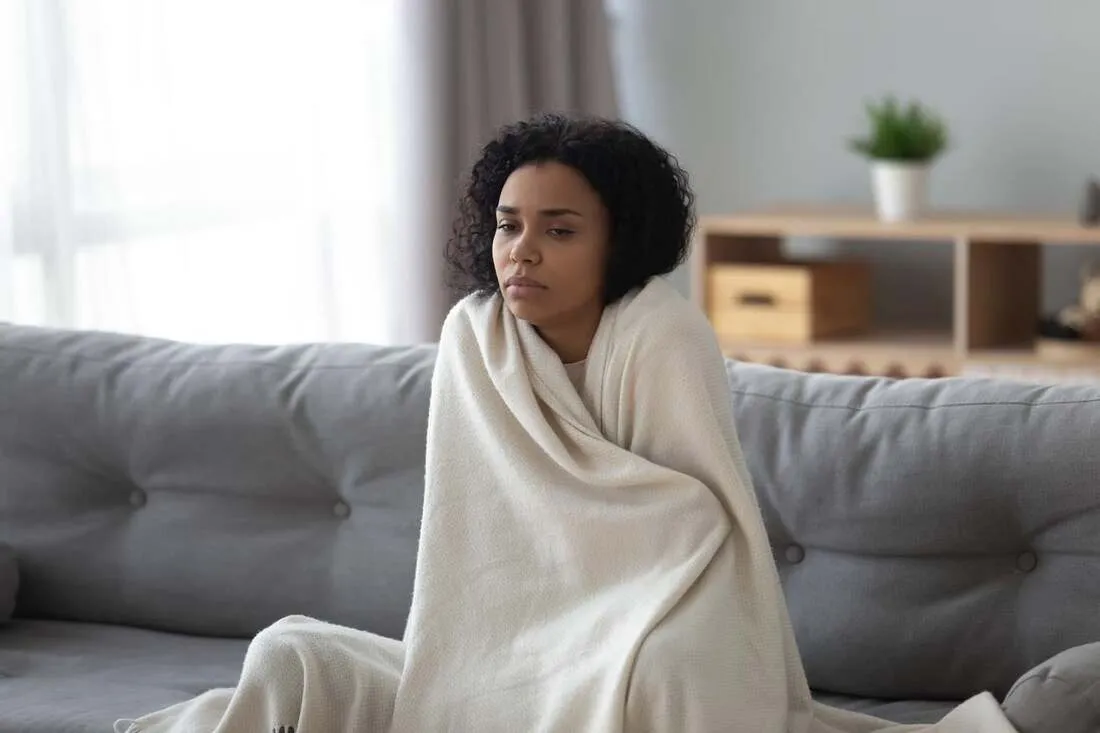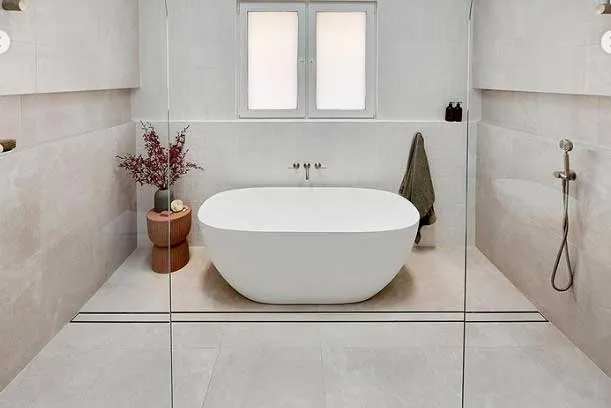Is Your Cold House Affecting Your Health?
Are you sitting at home rugged up like a mountain climber about to scale Everest?
Feel like it’s 10 degrees colder inside your home than out?
Listening to the constant drone of your heater melting away your hard-earned dollars…?
Well, you’re not alone…
Many Australian homes are dangerously cold which, concerningly, could be affecting more than your physical health…
Health issues come up frequently in conversations in the community. We hear about children with asthma. We hear people who say their mental health is suffering due to the unrelenting misery of living in a frigid house. They worry. They withdraw.
To fully understand why this is such a problem, it’s important to get past the misconception some may have that a cold house is merely uncomfortable. Low temperatures affect the very functioning of our bodies.
Cold air inflames lungs and inhibits circulation, increasing the risk of respiratory conditions, such as asthma attacks, inflammatory lung disease and infection. Cold also causes our blood vessels narrow . This raises blood pressure and hampers circulation. Our blood also becomes thicker, partly due to an increase in the levels of a protein called fibrinogen and other molecules that cause clotting. The ultimate consequence of these changes could be a stroke or heart attack.
People with existing health issues such as cancer, arthritis, chronic pain or some disabilities may be at higher risk of health complications due to living in cold homes. It is very common to hear people comment that their chronic pain worsens during the colder months.
But there are less obvious problems, too. Consider those who are forced to wear a coat indoors or a pair of gloves to stay warm enough. Rugging up in this way may affect your mobility and may increase the risk of accident and injury, especially for elderly or less mobile people.
Besides the direct effects of low temperatures, other environmental factors in cold homes can impact people’s health – such as damp and mould, which are more common in poorly heated and insulated houses.
The spores released by mould fungi irritate people’s lungs and can exacerbate conditions such as asthma. Living in damp and mouldy conditions for long periods can contribute to a decline in lung function.
Children living in damp, mouldy houses have an increased risk of respiratory infections, which is concerning given that some children’s immunity might already be impaired as a result of the pandemic lockdowns and isolation.
We know quite a lot about how living in a cold home affects your physical health. But research now shows that living in a cold home is a significant mental health risk as well.
When people’s homes are too cold, their risk of severe mental distress significantly increases. Studies have shown that for people who previously had no mental health problems, the odds of severe mental distress doubled when they had a cold home, while for those who had some (but not severe) mental health symptoms, the risk tripled!
For many, heating costs are a source of stress and financial strain. Not being able to keep your home and family comfortably warm reduces feelings of control over your environment. People who have cold homes often retreat socially to cope. They may not invite friends over and go to bed extra early to keep warm. And many people are just worn down by the drudgery of a whole winter of being uncomfortably cold.
Cold indoor temperatures are often a consequence of structural deficiencies, including a lack of insulation and airtightness, and lack of heating in homes.
Retrofitting insulation, double glazing and effective heating can help mitigate the effect of otherwise cold housing on health. In insulated dwellings, thermal insulation (double glazing, floor, wall and roof insulation) reduces conductive heat loss through the buildings’ walls, ceilings and floors and also reduces convective heat loss by blocking unwanted air leaks through the building envelope.
Up to 60% of a homes thermal heat transfer (heat loss and gain) has been shown to occur through the doors and windows. Proper, thermally efficient, double glazing significantly reduce this heat transfer.
We guarantee that our uPVC double glazing will INSTANTLY improve the thermal comfort of your home after installation. We are so confident that you will feel the effects straight away, that we offer you a money back guarantee of $1000 if you are not satisfied!
Related Blogs
How Much Do Double Glazed Windows Cost in Australia
With energy costs at an extremely high level and a return to cheap energy being most unlikely, many people are looking at
Does Double Glazing Reduce Noise?
Most people who install double glazed windows do so to improve energy efficiency. By reducing heat loss and heat gain through their
What are the Benefits of Double Glazed Windows?
Windows can enhance your home, give you a connection to the outside world and let in natural light. But, if they’re old
Does Double Glazing Keep Heat Out?
Does Double Glazing Keep Heat Out? Summers in Australia can sometimes be very challenging due to the extreme heat. In order to
Is Your Cold House Affecting Your Health?
Are you sitting at home rugged up like a mountain climber about to scale Everest? Feel like it’s 10 degrees colder inside
What a season The Block 2022- Tree Change was! We would like to offer a huge congratulations to the teams at Thermotek
The block 2022- Week One Reveals Completed
After the stunning week one reveals on The Block 2022- Tree Change, we would like to congratulate our partners, Aluplast and Thermotek,






